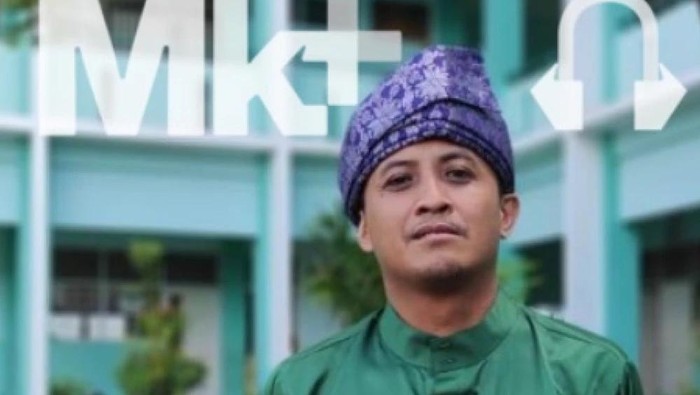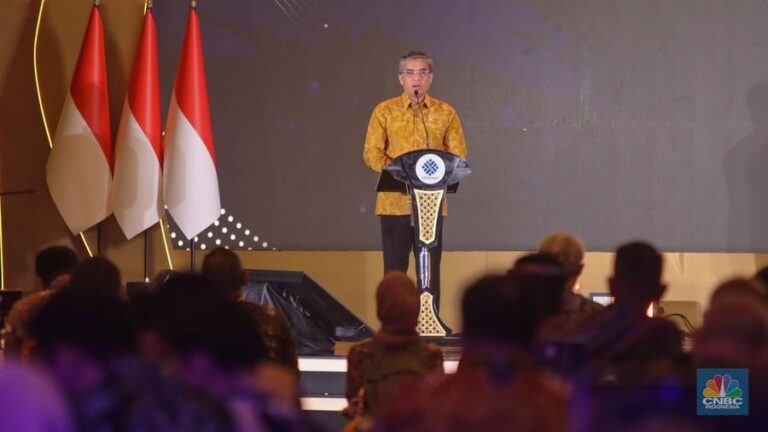Australia’s contentious attempt to cap international student enrollments has plunged the higher education sector into turmoil as a surprise political shift blocked the government’s proposed legislation. Initially presented as a measure to manage record-high migration and housing shortages, the bill’s defeat highlights deep political and social divides over the future of Australia’s migration and education policies.
The Albanese government’s proposed cap sought to limit international student enrollments to 270,000 in 2025, a sharp reduction from current numbers. Advocates of the measure, including government officials, argued that it was critical to ensuring the sustainability of Australia’s higher education system, while simultaneously addressing public concerns over the housing crisis. They contended that unchecked growth in student numbers concentrated in urban areas had strained infrastructure and driven up living costs.
Despite these arguments, the proposal was met with fierce opposition from the higher education sector, which warned of severe consequences for Australia’s global standing and economic contributions. The industry, which generates an estimated AUD 50 billion annually, is heavily reliant on international students. Universities argued that the cap would reduce the appeal of Australian institutions in an increasingly competitive global education market.
Political drama erupted when Peter Dutton, leader of the opposition Liberal-National Coalition, announced that his party would oppose the bill. This unexpected reversal came just days before the legislation was expected to pass. Dutton, who had previously called for tighter controls on migration, criticized the bill as insufficiently robust, describing it as “a dog’s breakfast” and promising more drastic measures should his party win the upcoming election.
The Greens also voiced their opposition, condemning the bill as “dog whistling” and accusing the government of unfairly blaming international students for a housing crisis that stems from broader systemic failures. These dual rejections left the bill effectively dead in the Senate, unable to pass without bipartisan support.
Luke Sheehy, Executive Director of Universities Australia, expressed disappointment at the outcome, not because the legislation failed, but because the sector remains mired in uncertainty. In an interview with the BBC, Sheehy described the ongoing situation as a “phoney war on migration,” with international students caught in the middle. For universities already grappling with staffing cuts, reduced enrollments, and falling confidence from prospective students abroad, the lack of resolution is compounding an already precarious situation.
The proposed cap had prompted many institutions to scale back operations in anticipation of decreased revenue. Some universities cut staff or rejected applications, while others reported that international students were opting for study destinations perceived to offer greater policy stability, such as Canada or the UK. These ripple effects could take years to reverse, even as the government struggles to regain control of the narrative.
Adding to the confusion is the impact on regional universities, many of which have been disproportionately affected by existing policies that funnel international students to urban centers. Without the cap, regional campuses may struggle to attract the numbers they need to remain financially viable, while urban universities face continued pressure from housing shortages and overcrowded infrastructure.
Observers have described the political impasse as emblematic of broader dysfunction in Australia’s migration debate. The Albanese government accused Dutton of hypocrisy, highlighting his history of advocating for lower immigration numbers, even as his recent actions blocked a key policy aimed at addressing those very concerns. Meanwhile, education leaders are urging policymakers to provide a clearer framework to guide the sector.
The collapse of the legislation means the current visa policy will remain in place for now, perpetuating inequalities that favor a handful of elite universities in city centers. Critics argue that these policies fail to address systemic imbalances and risk undermining the regional campuses that are vital to Australia’s broader educational ecosystem.
With the 2025 academic year just weeks away, universities are left scrambling to adjust to yet another wave of uncertainty. For an industry already on edge, the stakes have rarely been higher.









